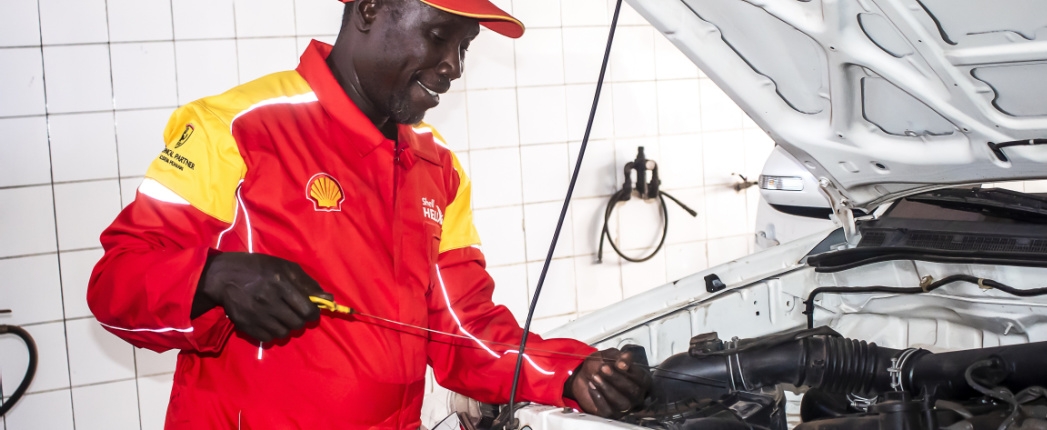
Vivo Energy, a major distributor of lubricants to retail and commercial customers across Africa, reported a slight decrease in earnings for its lubricant segment in 2022 and a 5% increase in revenue from external customers on flat lubricant sales volumes, according to its annual report released earlier this month.
The lubricant segment’s adjusted earnings before interest, taxes, depreciation and amortization declined 3% to $70 million last year, compared to $72 million in 2021. Gross profit decreased 2% to $87 million for the year, and gross cash profit was also down 2% to $91 million.
Sales volumes were 149 million liters in 2022 (134,000 metric tons), the same as in the prior year. Lubricants segment revenue from external customers rose to $478 million last year, compared to $455 million.
The company noted in the annual report that the lubricants segment aggregates retail, business-to-consumer, business-to-business and export lubricants operating segments.
Vivo’s retail lubricants business involves the sale of products from its service station forecourts and lubricant bays and also at oil shops, repair shops, service centers and resellers through a network of distributors. On the commercial side, the company supplies specialist lubricants to mining companies and business-to-business customers, and also exports to other African markets.
On Feb. 9, Engen and Vivo Energy announced they would combine their respective African businesses to create one of Africa’s largest energy distribution companies. It expands on an existing working relationship, including Vivo’s distribution of Engen-branded lubricants throughout much of Africa.
In its 2021 annual report, the company said it had secured retail license agreements with Engen until March 2034 and Shell until December 2031. The agreements give Vivo rights to use specified Engen and Shell brands for its products and services, including its service stations.
According to the 2021 annual report, the company has access to around 158,000 metric tons of lubricant blending production capacity. Through a 50:50 joint venture with Shell, called SVL, Vivo has access to and operates blending plants in Morocco and Kenya, and has interests in blending operations in Tunisia, Cote d’Ivoire, Ghana and Guinea. In 2021, Vivo Energy agreed to a $2.3 billion buyout by Netherlands-based energy trader and marketer Vitol Group. Vitol had been a shareholder in Vivo Energy since the latter’s establishment in 2011, which was as part of Shell’s plan to sell downstream operations in Africa. Vivo was originally a joint venture between Vitol, Shell and London-based private equity firm Helios Investment Partners, which operated in Africa.